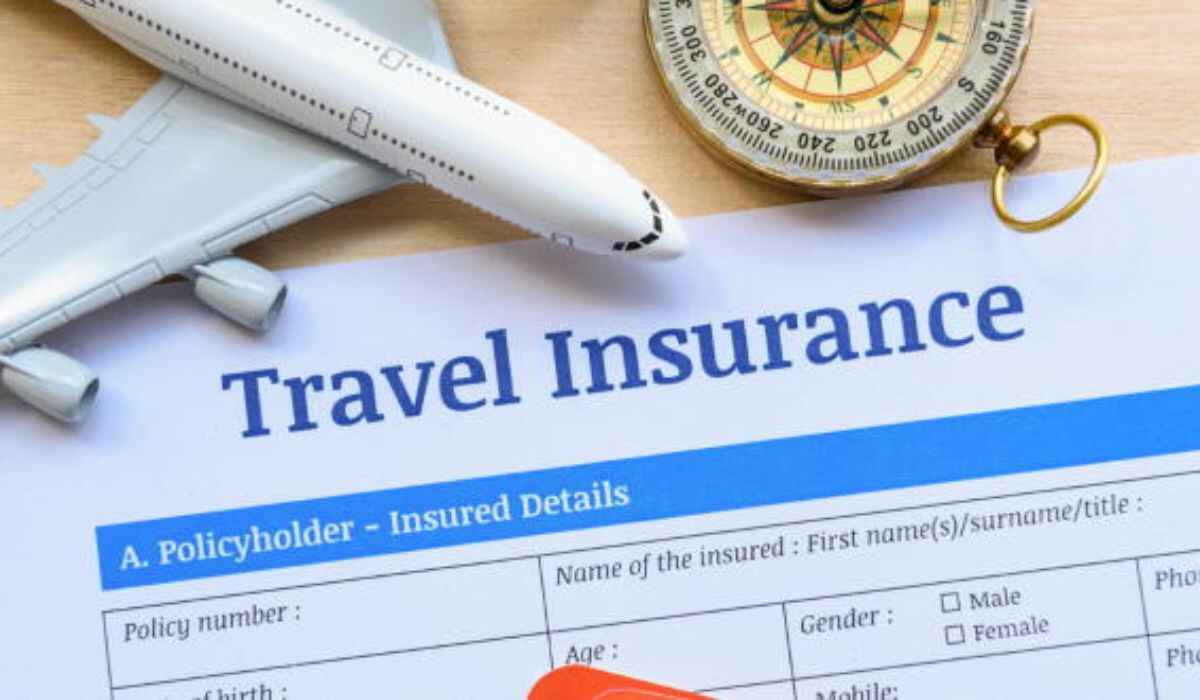Preparing for a trip, even a short one, it’s important to plan. Make sure to research your destination and have accommodations and transportation booked in advance. It’s also wise to pack essential items like clothing, medications, chargers, and toiletries at least a day before your departure date.
That way you won’t forget anything important at the last minute. It’s a good idea to check the weather forecast for where you’re going so you can dress appropriately. Another key task is letting others know your travel plans – give family or friends your itinerary and contact details in case of emergency.
Preparing A Smooth Trip
Whether you’re planning a weekend getaway or an extended vacation, taking the time to prepare is key to ensuring a hassle-free experience. As someone who frequently travels within the USA, these are some of the most important things I always do to get ready for a trip.
Find the best deals
One of the most important steps in preparing for a trip is to search for the best deals on transportation and accommodations. This allows you to stick to your travel budget and spend money on other aspects of the experience. When it comes to flights, be sure to compare prices on different airlines as well as alternative flight dates.
Signing up for fare alerts is a good way to snag cheaper tickets if prices drop. For hotels, check booking websites like Expedia or Hotels.com to filter by star ratings and amenities to suit your needs and budget. Be sure to browse member rates if you belong to loyalty programs. It’s also worthwhile to look into alternative lodging options like Airbnb which can offer great savings, especially for longer stays.
Comparing Transportation and Accommodation Options
One of the first steps is researching transportation and lodging costs. I’ll use sites like Expedia, Travelocity, and hotels.com to scan flight and hotel prices. Setting price alerts allows me to pounce if rates drop. Public transit passes may be more affordable than daily taxi or rideshare fares depending on your itinerary.
Evaluating all accommodation options is also wise. Low-cost hotels and motels suit some budgets better than resorts. Home shares on Airbnb can provide roomier, more homelike spaces at lower prices than hotels. Camping allows you to enjoy nature while stretching your dollars.
Saving Money on Food
Meal costs can add up over multiple days. Planning where and what you’ll eat helps manage this expense. I look for reasonably priced supermarkets, grocery stores, and markets to stock up on breakfast foods and snacks. Searching “best cheap eats” plus the city name often yields locally loved, budget-friendly lunch and dinner spots. Downloading restaurant apps lets me filter by cuisine and price point.
For longer trips where I’m staying in one place awhile, joining a meal planning delivery service like HelloFresh can make cooking easy and ensure I don’t waste money on excess or expired groceries. Many hotel rooms now include small refrigerators so I can store and prepare light meals there as well.
Getting Recommended Vaccinations and Medications
Traveling sometimes requires keeping current on immunizations, especially when going abroad. I check the Centers for Disease Control and Prevention (CDC) website for vaccination recommendations specific to my destinations 4-6 months before departure dates. This allows time to get any needed shots.
It’s also wise to pack extra supplies of prescription and over-the-counter medications in your carry-on in case of unexpected travel delays. Carrying a signed doctor’s note detailing your prescriptions alleviates concerns at security. Having on-hand remedies for common illnesses lets me avoid high medical costs while traveling.
Purchasing Reliable Travel Insurance
No one plans to get sick or into an accident when traveling but things happen. I strongly advise travel medical insurance and trip cancellation coverage. Most policies cover baggage delays too which has reimbursed expenses when flights lost my bags before. You can easily compare insurance options online.
Look for plans offering coverage for healthcare, evacuation if severely ill, missed transport connections, and trip interruptions. Opt for higher limits that far exceed your trip costs so no unexpected expense is exorbitant. Read the fine print to ensure pre-existing conditions are covered as well. The small premium is worth peace of mind for unforeseen incidents.
Creating an Emergency Contact Plan
In case of emergency separated from my belongings, I keep a digital copy of important documents like health insurance cards, driver’s licenses, and medical information in a password-protected cloud file. I also give a trusted friend or relative a paper copy of my itinerary, insurance details, and flight/hotel confirmation numbers.
Requesting location access through WhatsApp or Life360 allows contacts to track their phone’s whereabouts with permission in an emergency. Programs like the Travel tab on Apple Wallet function similarly for storing boarding passes and IDs. Taking photos of travel documents provides backup verification if originals are lost. These precautions offer reassurance without anxiety.
Overall Tips for Trip Preparation
- Research destination-specific scams and safety tips
- Check event/attraction schedules and buy tickets in advance
- Sign up for loyalty programs at hotels and rental car companies
- Pack essentials and medication in carry-on in case bags are delayed
- Make copies of important documents and separate them from the originals
- Leave an itinerary with trusted contacts and check-in dates
Frequently Asked Questions
How far in advance should I book travel?
Most major airlines and hotels will allow you to book 6-12 months ahead. Aim for at least 1-2 months in advance for the best deals and availability.
Should I pack essentials like medications in my checked bag?
No, it’s always safest to keep medications, valuables, and a change of clothes in your carry-on in case your checked bags get lost or delayed.
What’s the easiest way to notify people of my travel plans?
You can post your itinerary on social media, send details to family/friends via email or messaging apps, or store info in your phone’s Travel app. Just be sure to include important contact numbers too.
Is travel insurance really necessary?
It’s not a requirement, but travel insurance offers valuable peace of mind if unexpected events like flight cancellations, lost baggage or sickness arise. The small cost is worth it for the coverage.
How many outfits should I pack for a weeklong trip?
Most people recommend packing around 7-10 days’ worth of casual outfits, depending on the climate and how many activities you have planned. Fold gently to make the most of your luggage space.
Conclusion
Taking some time to plan and prepare in advance is key to ensuring your trip goes smoothly. Doing tasks like researching destinations, booking accommodations and transportation, comparing costs, arranging travel documents and insurance, and packing essentials ahead of time helps avoid stress and surprises once you’re on the road.
Proper preparation also allows you to make the most of your budget by finding good deals. Most importantly, having your logistics in order means you can relax and focus on making wonderful memories and enjoying each destination to its fullest without worries.













